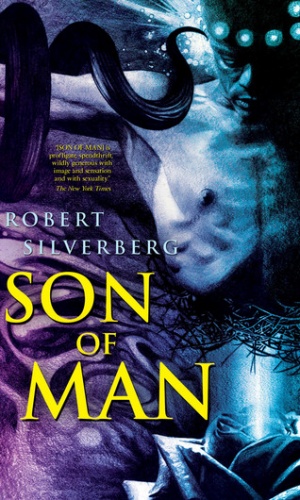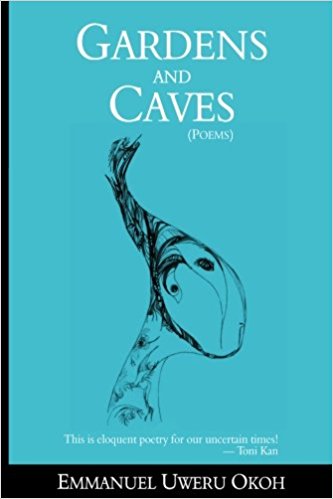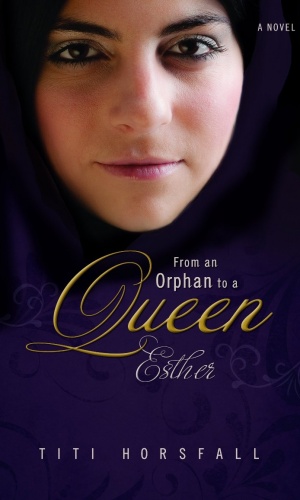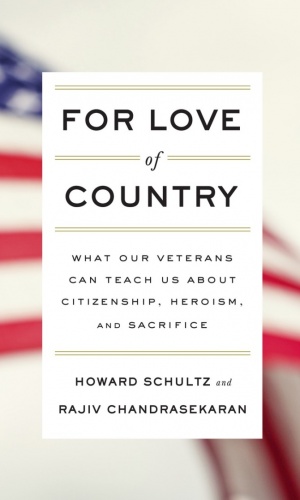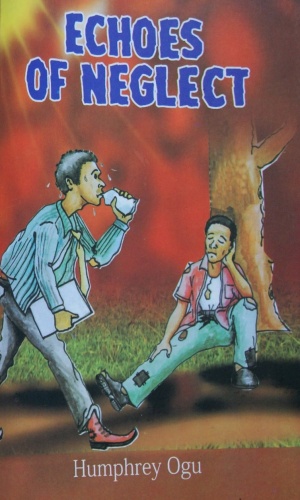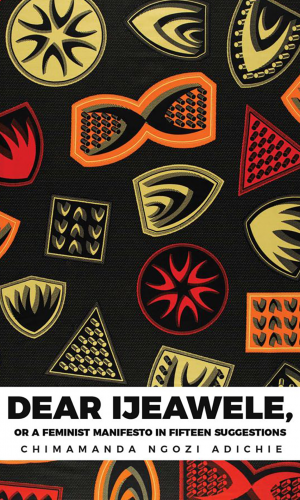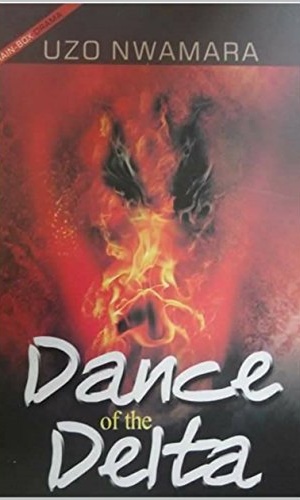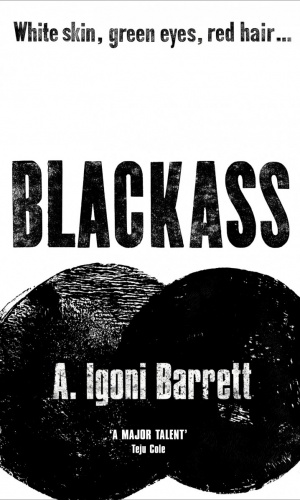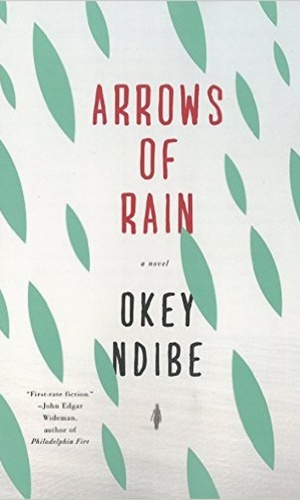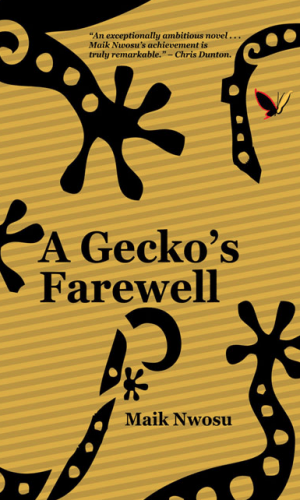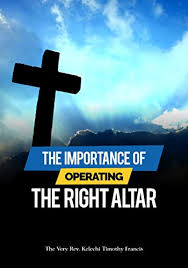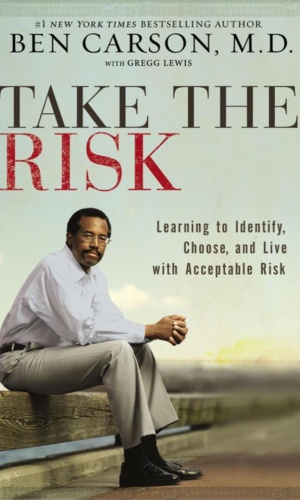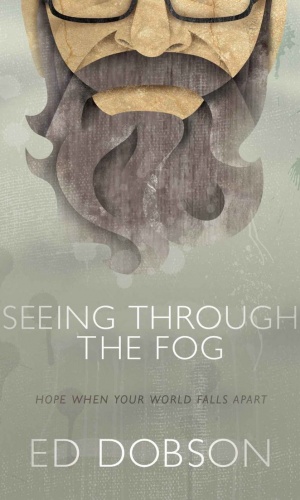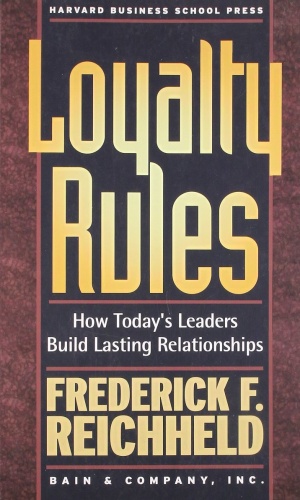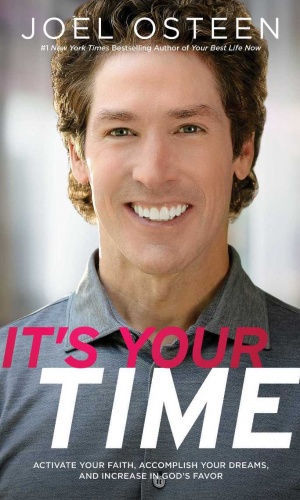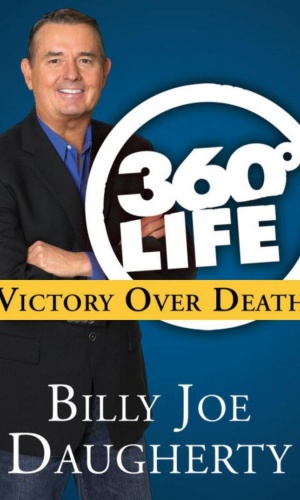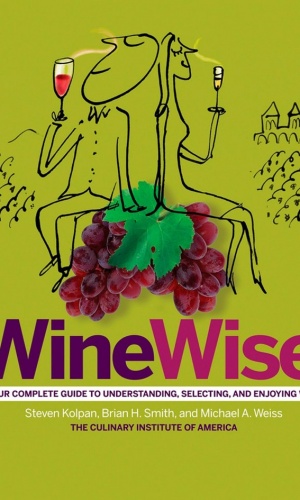-
Salutation To The Gut
The essay is a celebration of Yoruba culture, in particular Yoruba food and gastronomic culture.
₦1,900 -
For The Love Of Country
A celebration of the extraordinary courage, dedication, and sacrifice of this generation of American veterans on the battlefield and their equally valuable contributions on the home front.
₦3,900 -
Take The Risk
No risk, pay the cost.Know risk, reap the rewards.In our risk-avoidance culture, we place a high premium on safety.
₦3,500 -
Seeing Through The Fog
An exploration of identity and faith, Seeing Through the Fog invites readers to a vibrant life, an expectant life, a life of joy in each new morning.
₦2,000 -
Loyalty Rules
In this provocative yet practical book, Fred Reichheld argues that loyalty provides the acid test for leadership in today’s volatile business environment, and that most leaders deserve failing grades.
₦3,570 -
Its Your Time
Get your hopes up. Raise your expectations. Your best days are in front of you.
In challenging times, it may be hard to see better days ahead. You may feel as though your struggles will never end, that things won’t ever turn around for you.
₦3,220 -
360 Degree Life
What if you only had a few days to live?
Would you love?
Would you laugh?
Would you give?
Would you live differently than you do right now?
–Billy Joe Daugherty₦4,500 -
Winewise
WineWise is a must-have for anyone seeking the knowledge and confidence to select and enjoy great wines. It gives readers a basic introduction to wine: how to select different varieties and identify their flavors, how to read wine labels, and how to identify grapes from wine-growing regions all over the world. The interior features detailed maps, examples of wine labels, and hundreds of four-color photos. Chapters include Enjoying Wine, White Grapes, Red Grapes, Living with Wine, Wine and Food, and Wine in Restaurants, as well as chapters on wine-growing regions from France, Italy, and Germany to California and New York State to South America, Australia, Spain, and Portugal.
₦1,800₦2,300 -
When Your Child Is Ill
This work is a quick-reference home guide to children’s symptoms and their treatment.
₦2,000₦2,410 -
The Vegetarian Flavor Bible
Throughout time, people have chosen to adopt a vegetarian or vegan diet for a variety of reasons, from ethics to economy to personal and planetary well-being. Experts now suggest a new reason for doing so: maximizing flavor – which is too often masked by meat-based stocks or butter and cream.
₦4,800₦5,600

